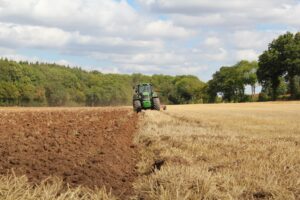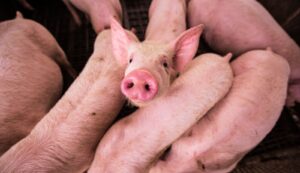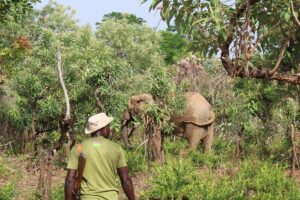Government’s new watered-down Food Strategy heavily criticised
The government’s food strategy has been officially released and has faced widespread criticism after many recommendations made in a review of the food system were rejected.
Co-founder of Leon restaurants, Henry Dimbleby, conducted the review last year and suggested a sugar and salt tax be introduced, an expansion of free school meals and a 30% reduction in meat and dairy consumption.
The review also recommended an increase in plant-based options available at institutions, such as schools and hospitals, and a strategy to ensure some agricultural land was given to rewilding projects.
Each of these suggestions were left out of the Food Strategy, leading Mr Dimbleby to express disappointment with the government’s final plan.

He told The Guardian: ‘It’s not a strategy. It doesn’t set out a clear vision as to why we have the problems we have now and it doesn’t out what needs to be done.
‘With inflation as it is, both the amount spent on free school meals is significantly less in real terms than it was a year ago and the number of people who need it is significantly more – we need to tackle that.
‘I do hope it is being looked at, people are being inflated into poverty and food providers are being inflated into not providing healthy meals.’
Mr. Dimbleby went on to say the plans did little to tackle health issues and has done nothing to address meat consumption which is incompatible with the current farming system.
Independent advisory body, the Climate Change Committee (CCC), also condemned the strategy which it said didn’t do enough to tackle the environmental impact of the agricultural industry and does not place the UK in line with its Net Zero Pathway.
CCC Chairman, Lord Deben, said: ‘The Government’s Food Strategy will do precious little to tackle emissions from agriculture which is now one of the most serious contributors to climate change. The CCC has set out the case to improve the agricultural sector time and again.
‘A wholesale rethink of how we use land in this country is needed to drive down emissions. That includes eating slightly less but better meat and dairy; widespread tree planting to soak up carbon dioxide emissions; and peatland restoration, alongside new approaches to farming.
‘Instead, this Strategy fails to address these issues and relies almost entirely on innovation and technology to drive forward low-carbon agriculture and productivity improvements, many of which are untested and unproven. This is an opportunity wasted.’
The CCC is expected to make further comments on the Food Strategy in its 2022 Progress Report to Parliament due on June 29.
Photo by Richard Bell















